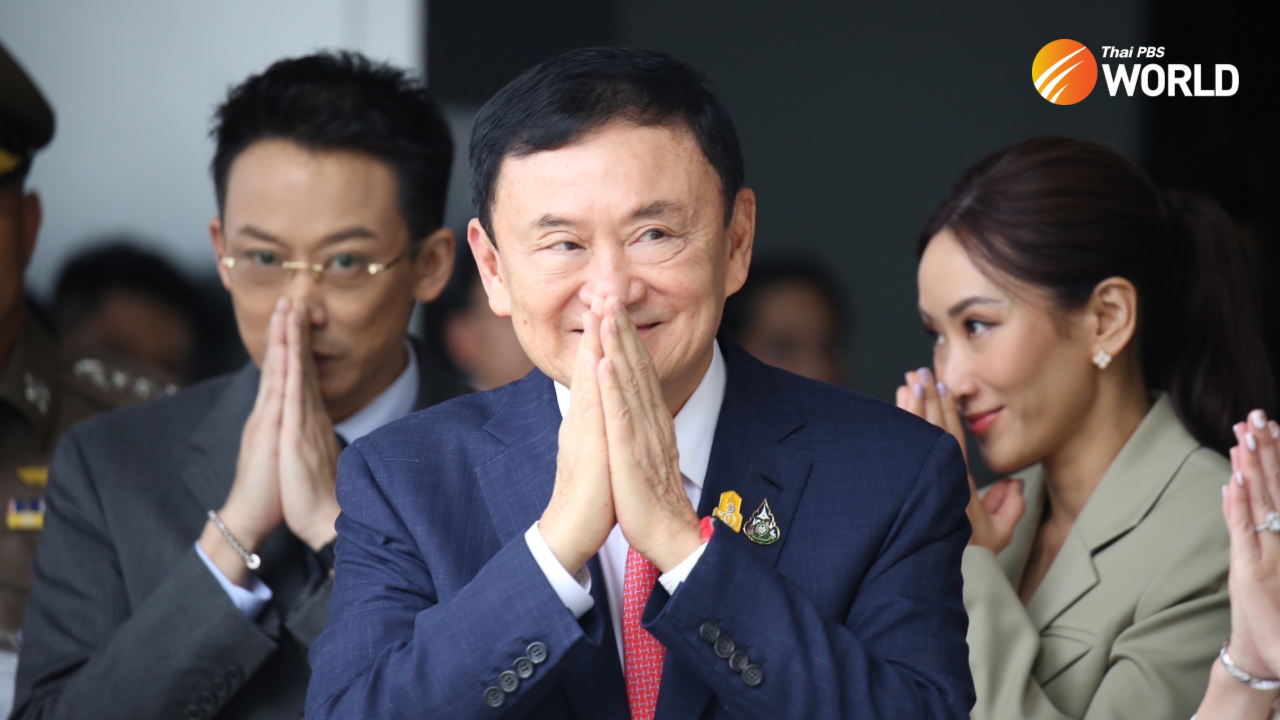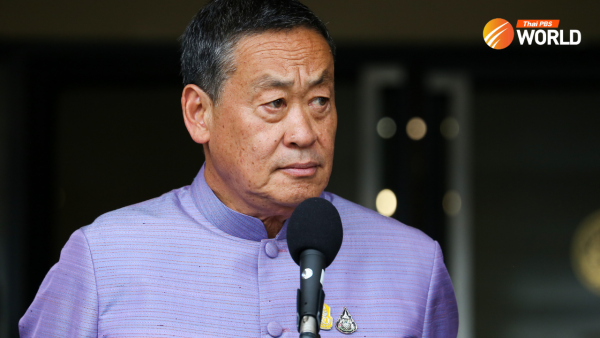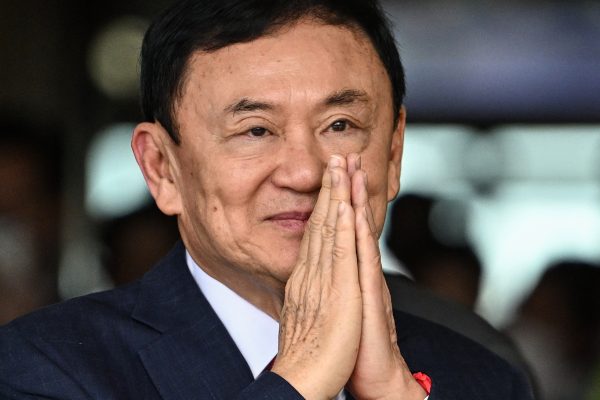Thaksin paradox to haunt many

In Parliament, the newly-formed Srettha government stands to face several explosive issues, but the controversial treatment of Thaksin Shinawatra is not one of them. In fact, treacherous as it is, the former prime minister won’t be able to find a better political landscape to come back to.
How the government has been composed is good for him for obvious reasons, as it has brought together his loyal friends and former rivals. “Reconciliation” can always be the main excuse for leniency that appeared impossible a short while ago but seemingly blatant at the moment.
The opposition’s structure is deceptively bad for Thaksin. The bloc is led by the Move Forward Party which is hell-bent on avenging a Pheu Thai “betrayal”. Also in the opposition camp is the Democrat Party, his long-time enemy who must be strongly motivated and equipped with all kinds of information.
The two opposition parties, however, can cancel each other out. The Democrats always advocated, silently or else, what happened to Thaksin in the past because they viewed him as too corrupt and powerful to be dealt with orthodoxly. Move Forward, on the other hand, viewed action against him as totally undemocratic and hence unacceptable.
The two parties’ middle ground, therefore, must be small. And in case they can find it, Move Forward will still have another problem. The biggest party will not be able to attack the VIP reception of Thaksin without looking like a hypocrite.
Criticising the leniency will mean Move Forward agrees that Thaksin deserves to be treated like a normal convict. That is the same as saying that Move Forward believes Thaksin deserves to be punished, that what has happened to him _ thanks largely to military intervention in politics _ was right. As a “pro-democracy” party, Move Forward cannot say Thaksin must be jailed the minute he walked off his plane.
A Move Forward-led censure will definitely be launched but it will likely leave Thaksin alone, unless the party can locate speech writers smart enough to overcome the paradox. Major political ironies have transpired in Thailand but another huge one will occur if military-backed parties defend merciful treatment of Thaksin whereas another party that often bemoans “political injustice” cries out for harsh and strict measures.
Letting the Democrats handle the Thaksin censure will raise questions about the opposition’s “unity” on the matter. It will also be easy for the government to respond. Move Forward MPs will be asked this tough question: “Are the Democrats correct in saying that Thaksin’s conviction was justified so he must be treated like other criminals?”
As we can see, Thaksin is one lucky man. Coming back during a Move Forward-Pheu Thai government would have been a lot tougher. A single-party Pheu Thai government would have seen gasoline thrown into the Thaksin fire. If the composition of the new government had been the same as the Prayut one, he could have forgotten about ending the exile entirely.
The current structures of the government and the opposition best suit his homecoming. The political setup is better than a Pheu Thai landslide, actually.
It is true that how Thaksin has been treated is being criticised left, right and centre. Yet the criticism has been expected and Pheu Thai must be hoping the outrage is limited to the social media and will fade away one day. The ruling party certainly plans to bide its time, since while failures on other fronts would magnify the Thaksin issue, “success” would have the opposite effect.
Move Forward’s best option is to bide its time, too, and let the Thaksin controversy sow seeds of doubts and resentment on among the red electorate without saying a word. This means that, in Parliament, maybe the Democrats can be more vocal than Move Forward when Thaksin is concerned, which is the best the opposition can do. If the opposition bloc decides to use Thaksin as ammunition to attack the Pheu Thai-controlled Justice Ministry with, it may boomerang on the “pro-democracy” party.
Move Forward made some people frown when it sought to veto Srettha Thavisin’s prime ministerial nomination, as he represented the second biggest party supported by a sizeable populace. Yet Move Forward could argue that Srettha was being forced into an undemocratic game. But the Thaksin treatment represents a far-greater ideological test.
One small room for Move Forward to maneuver is a push for similar treatment of other “political” inmates, which could put the hypocritical ball back in the government’s court. However, it could become a long drawn-out campaign instead of a swift, hard-hitting one.
The current political situation is stormy, but Thaksin is a windsurfer who is thriving on a turbulent sea while the others must be clinging to everything for dear life. When the sea is calm, that can be his turn to get scared.
Tulsathit Taptim






